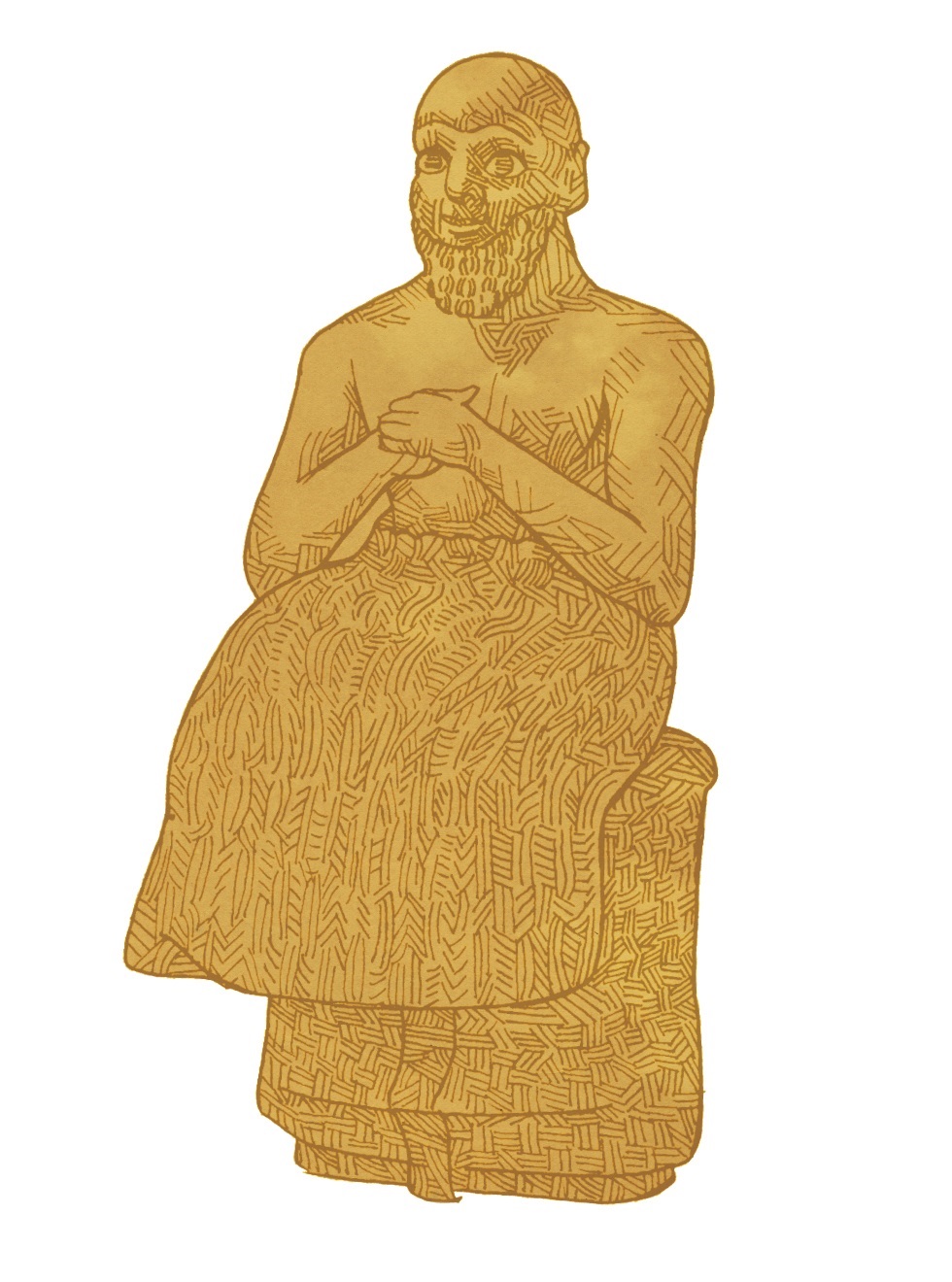“Oh that you were like a brother to me, one who had nursed at my mother's breasts.” Breast Milk as a Kinship-Forging Substance
DOI:
https://doi.org/10.5508/jhs.2012.v12.a7Abstract
The term “blood relatives” exists as an accepted and understood part of our English lexicon. It is only recently that anthropologists focusing on kinship studies have leveled a critique against the uni- versal application of the metaphor of “blood” as a substance that establishes kinship relatedness. Adam Kuper, for example, argues that the notion of blood relatedness is culturally constrained, a uniquely European concept that finds its fullest articulation within British imperialism, an era that coincides with the development of the field of anthropology in Europe.1 Likewise, Edouard Conte, who examines concepts of relatedness within Arab cultures, posits that the notion of kinship being determined by “blood” is a par- ticularly western phenomenon and does not fit the self- understanding of Arabs.2 He argues that Classical Arab physicians deal little with blood and do not see blood as passing on hereditary attributes.

 Statue of Ebih-Il, drawing by Simeon Goa, © Journal of Hebrew Scriptures
Statue of Ebih-Il, drawing by Simeon Goa, © Journal of Hebrew Scriptures
